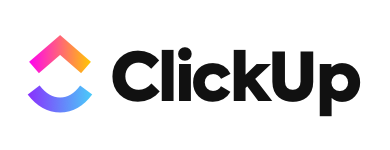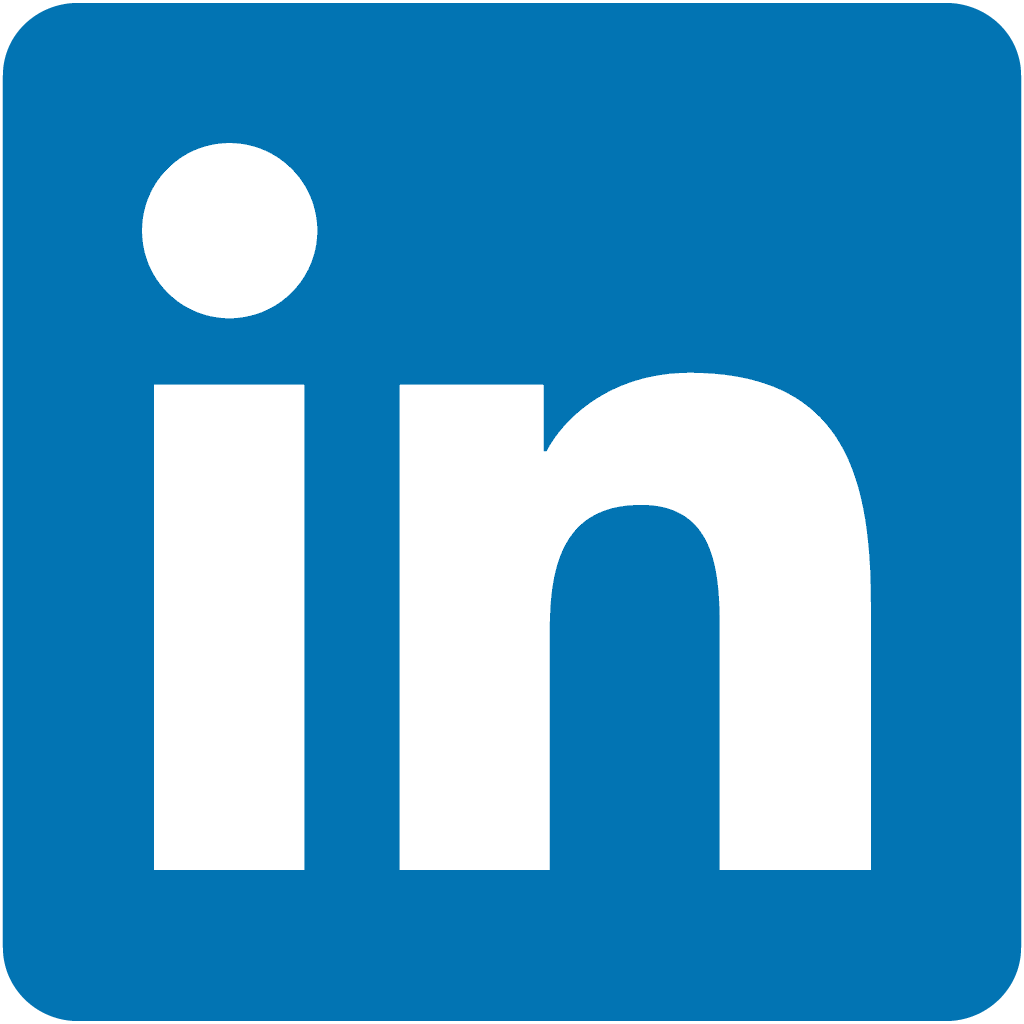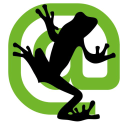I Built A CRM To Solve My Own Problem & Now It Makes $60K/Year [India]
Hello! Who are you and what business did you start?
My name is Rahul, I'm the co-founder at Flamon cloudtech. Which is the parent company that owns our primary product TeleCRM. Taking a step back and looking at the big picture of what we are trying to achieve with TeleCRM - What if there was a way to bring software, automation, and intelligence together in a way that salespeople would only have to do the human part? Instead of spending countless hours every week entering data into specific formats and then more hours crunching that data to figure out who are the leads that they need to focus on, the system that collects all the data do the crunching and return a simple list of people who have already been warmed and just need that human touch.
We are in beta phase right now dealing with 20 companies with a monthly recurring revenue (MRR) of $4500/month. It took us so long to build it that we almost lost hope, but now I cannot begin to tell you how incredibly satisfying it is to see our baby take off!
A couple of days ago we stumbled upon our massive USP i.e. Facebook...
More Business Ideas Like This




































